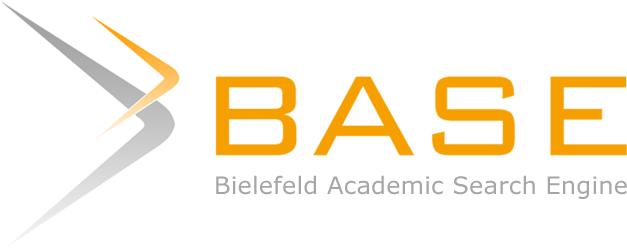Teaching English language skills (Listening, reading, speaking, writing) with new technologies
Keywords:
English Language Teaching, educational technology, listening skillsAbstract
The integration of new technologies in teaching English language skills has revolutionized the learning landscape. This paper explores the utilization of digital tools to enhance listening, reading, speaking, and writing abilities. Through the use of podcasts, e-books, video conferencing, and online writing platforms, educators can provide a more interactive and engaging learning experience. The paper highlights the effectiveness of these technologies in catering to diverse learning styles and improving overall language proficiency. It emphasizes the importance of adapting to technological advancements to meet the evolving needs of English language learners
References
Godwin-Jones, R. (2019). Emerging technologies: Mobile apps for language learning. Language Learning & Technology, 23(2), 1-9. Retrieved from http://llt.msu.edu/issues/june2019/emerging.pdf
Kukulska-Hulme, A., & Shield, L. (2008). An overview of mobile assisted language learning: From content delivery to supported collaboration and interaction. ReCALL, 20(3), 271-289. doi:10.1017/S0958344008000335
Liu, M., Moore, Z., Graham, L., & Lee, S. (2002). A look at the research on computer-based technology use in second language learning: A review of the literature from 1990–2000. Journal of Research on Technology in Education, 34(3), 250-273. doi:10.1080/15391523.2002.10782348
Stockwell, G. (2007). A review of technology choice for teaching language skills and areas in the CALL literature. ReCALL, 19(2), 105-120. doi:10.1017/S0958344007000225
Warschauer, M., & Healey, D. (1998). Computers and language learning: An overview. Language Teaching, 31(2), 57-71. doi:10.1017/S0261444800012970
Downloads
Published
Issue
Section
License

This work is licensed under a Creative Commons Attribution-NonCommercial 4.0 International License.
User Rights
Under the Creative Commons Attribution-NonCommercial 4.0 International (CC-BY-NC), the author (s) and users are free to share (copy, distribute and transmit the contribution).
Rights of Authors
Authors retain the following rights:
1. Copyright and other proprietary rights relating to the article, such as patent rights,
2. the right to use the substance of the article in future works, including lectures and books,
3. the right to reproduce the article for own purposes, provided the copies are not offered for sale,
4. the right to self-archive the article.














